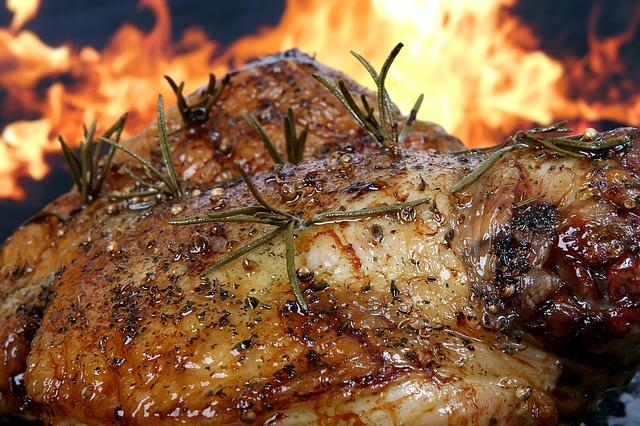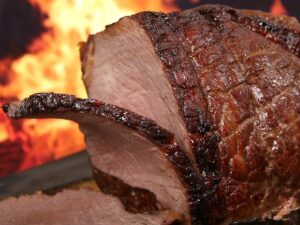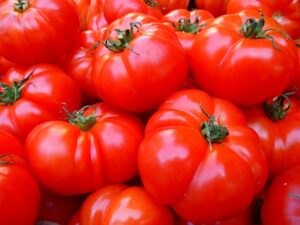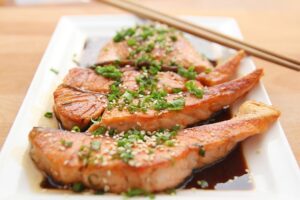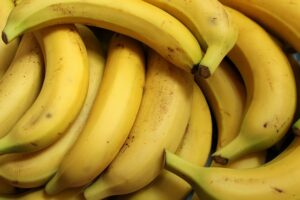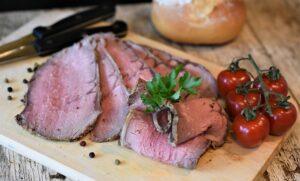Introduction
Protein powder is a popular dietary supplement among athletes, fitness enthusiasts, and individuals looking to increase their protein intake. While it is known for its numerous health benefits, one common complaint is that protein powder often tastes bad. This article aims to explore the reasons behind the unpleasant taste of protein powder and shed light on the factors that contribute to its flavor.
The Role of Protein Sources
Protein Sources: One of the main factors influencing the taste of protein powder is the source of protein used. Protein powders can be derived from various sources such as whey, casein, soy, pea, and hemp. Each protein source has its unique taste profile, which can impact the overall flavor of the powder. For example, whey protein is known for its slightly milky and creamy taste, while pea protein may have a slightly earthy or grassy flavor.
Processing Methods: The processing methods used to extract and isolate protein from its source can also affect the taste. Some processing techniques, such as microfiltration or ion exchange, can result in a purer protein powder with a milder taste. On the other hand, protein powders that undergo harsher processing methods, like hydrolysis, may have a more pronounced and sometimes bitter taste.
Added Ingredients and Sweeteners
Artificial Sweeteners: To enhance the palatability of protein powders, manufacturers often add artificial sweeteners such as sucralose, aspartame, or acesulfame potassium. While these sweeteners can help mask the natural bitterness of protein, they can also contribute to an unpleasant aftertaste or a chemical-like flavor, which some individuals find unappealing.
Flavorings and Additives: Protein powder manufacturers often incorporate additional flavorings and additives to improve the taste. These can include natural or artificial flavors, cocoa powder, vanilla extract, or fruit extracts. However, the quality and quantity of these additives can vary between brands, leading to differences in taste and overall palatability.
Texture and Mixability
Texture: In addition to taste, the texture of protein powder can also play a role in its perceived flavor. Some protein powders have a gritty or chalky texture, which can be off-putting for some individuals. This texture can be attributed to the processing methods used or the presence of certain ingredients like thickeners or stabilizers.
Mixability: Protein powders are commonly mixed with water, milk, or other liquids to create a shake or smoothie. However, some protein powders may have poor mixability, resulting in clumps or a gritty texture. This can affect the overall taste experience, making it less enjoyable.
Individual Sensitivity and Preferences
Taste Sensitivity: It’s important to acknowledge that taste perception varies among individuals. Some people may be more sensitive to certain flavors or have a heightened ability to detect bitterness or artificial sweeteners. Therefore, what one person finds unpleasant, another may not mind as much.
Personal Preferences: Personal preferences also play a significant role in how protein powder is perceived. Some individuals may prefer a milder, more neutral taste, while others may enjoy a stronger or more distinct flavor. Factors such as cultural background, previous experiences, and dietary habits can influence personal preferences when it comes to the taste of protein powder.
Conclusion
In conclusion, several factors contribute to the less than desirable taste of protein powder. The protein source, processing methods, added ingredients, texture, mixability, individual taste sensitivity, and personal preferences all play a role in shaping the overall flavor experience. While some protein powders may taste better than others, it’s essential to find a product that aligns with your taste preferences and dietary goals.
References
– Healthline: healthline.com/nutrition/protein-powder-taste
– Bodybuilding.com: bodybuilding.com/content/why-does-protein-powder-taste-bad.html
– Men’s Health: menshealth.com/nutrition/a19537855/why-does-protein-powder-taste-so-bad/

